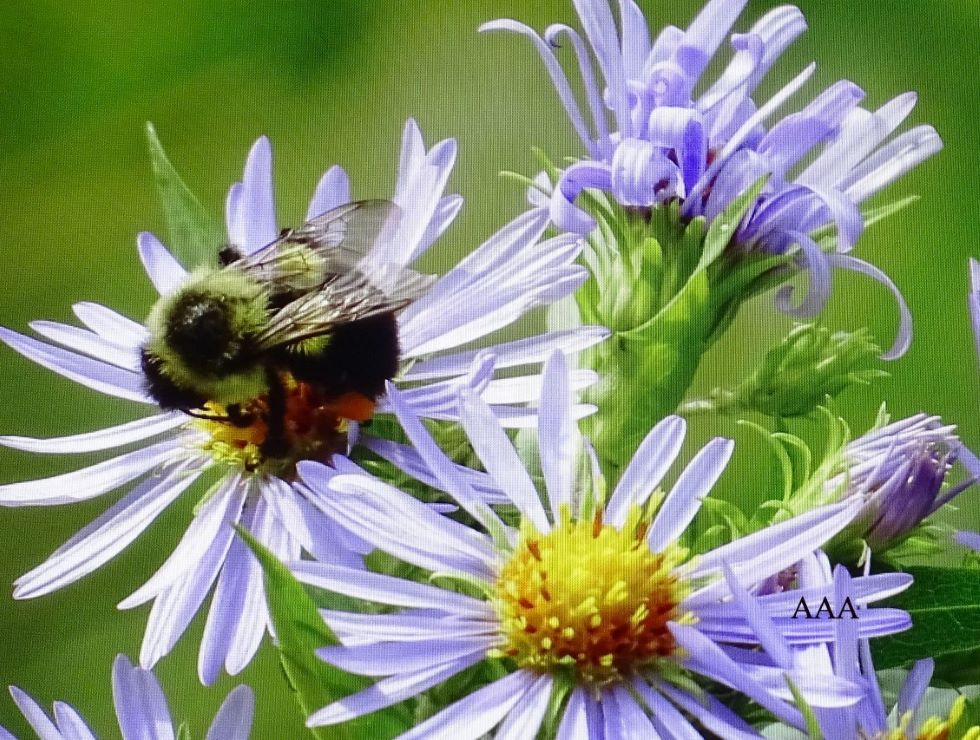
A recent article cited bees to human life expectancy. Without question they are an important link in our food chains along with butterflies and a host of other creatures. North America has several hundred native bee species including bumblebees (on the endanger species list now) and they all often compete with those honeybees which came from Europe. In addition to the honeybee competition native species also must fight off parasites, pathogens and other life threats while seeking the proper nutrients necessary for survival. The honeybees are generally raised in large commercial colonies and shipped around the country to pollinate various commercial crops especially fruits and nuts at the proper times. Of course, honey is a great product especially raw honey being superior to processed honey.
The bigger problem is that honeybees easily out compete native bees in harvesting nectar and pollen for consumption in addition to being pollinators. However, it appears that native bees are very effective pollinators, and many studies show they are better pollinators than honeybees. Commercial honeybees are valuable but native bees are also important and maybe superior for the entire ecosystem. The native bees do not have large commercial support as do the honeybees, therefore, they need your help. What can you do?
Make your outdoor area inviting for native bees who are not big beehive dwellers. Plant a variety of perennials which are superior for native bees compared to annuals. Think Golden Rods, Bee Balm, Butterfly Bush and others. Sun Flowers are especially good for native bees, and Salvia (i.e., Russian Sage) has the benefit of a long flowering season. A little Clover, a few Dandelions, some Wild Strawberries, and a few Native Weeds on the lawn are great. Fruit and other trees along with a garden are very beneficial. Do some simple research online. Regenerate and rewild your yard, especially in city and urban areas. Avoid using pesticides, insecticides, fungicides and treatments where a sign has to be put out: “Chemical Applied Stay Off.” Remember the eagles and DDT, what could possibly go wrong?
